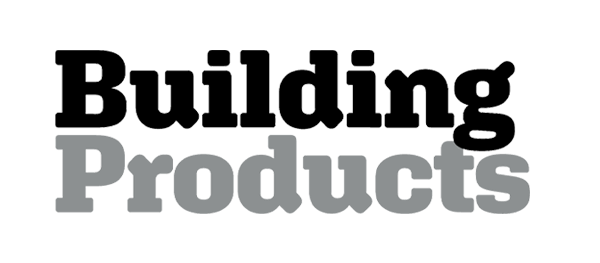It only seems like yesterday when a PR agency wrote copy, a design agency produced beautiful print work, a web designer built your website and an advertising agency created TV adverts watched by millions of people on ITV or Channel 4. How things have changed.
Over the last few years B2B and B2C marketers have faced a bewildering number of changes both in marketing channels and tools, and in customer behaviour. Traditional, proven marketing strategies have become less effective; yet the latest social channels, mobile marketing and online activity require insane levels of time and effort for relatively little return.
Companies have turned to marketing agencies to drive their brand forward and stimulate growth, often without realising that many of these agencies have not evolved to the changing marketing landscape themselves.
Marketing is about the message, not the channel
Years ago it made sense to use a separate PR company, a creative design agency and a website company. They were all specialists in their field and fitted neatly into ‘silos’ – or channels. But everything has changed. Taking a silo approach to marketing simply increases cost, dilutes the process and can result in a disjointed, inconsistent message.
Today PR needs to be published in print, written for SEO and circulated online, and shared through relevant social media channels. Your print advertising and direct marketing need to dovetail with your website banners, online display ads and pay-per-click campaigns. To be effective – and engage with your target audience – it all needs to work seamlessly together.
Marketing agencies have responded to this change by positioning themselves as ‘experts’ across all channels, trying to do it all themselves or outsourcing to third party specialists. But it just doesn’t work. A PR copywriter is not an expert at SEO or online content marketing, and few web design companies are Google accredited or employ specialists in conversion rate optimisation, to convert more visitors into leads.
Social media has become a can of worms; with many marketing agencies touting themselves as ‘experts’ without truly understanding the huge resources required for social monitoring, content sharing, outreach and engagement across the diverse range of social channels; and fewer still understand the incredible opportunities presented by social media advertising and auto-run social video.
Small agencies are struggling to cope
Micro agencies (under 10 staff) and small agencies (under 25 staff) are struggling to cope. As marketing channels grow, technology evolves and customer behaviour changes, micro and small agencies just don’t have the resources or skills in-house to deliver effective results.
To succeed in todays business world marketing agencies and consultants need to invest in the resources, skills and know-how. It means employing talented and passionate experts in each marketing discipline.
But the upsides are many. With scale comes efficiency, with clients benefiting from better marketing results often at significantly reduced costs. In-house marketing departments – frequently stretched to capacity – get an external agency they can trust to deliver, regardless of the project. As a result clients gain a better service and return-on-investment, and end-users have greater trust in the supplier and their brand.
It’s no surprise that our own marketing company, Purplex, has doubled in size every two years since 2004, and grown from 12 to 45 staff in the last three years. We have focused on results, not channels or silos, and it has paid dividends – Purplex clients grow faster and more profitably.
Many industry leaders now recognise that marketing is changing at a lightening pace, and working with a marketing agency that has the resources, skills and industry knowledge to deliver real growth is a smart move.

